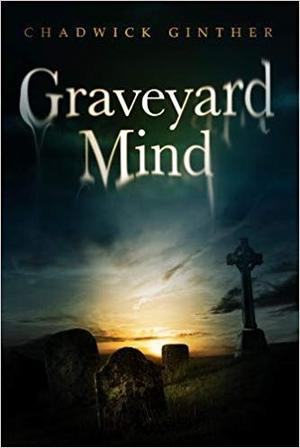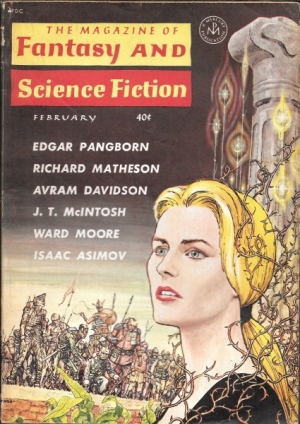Fantasia 2018, Day 8, Part 1: The Fortress
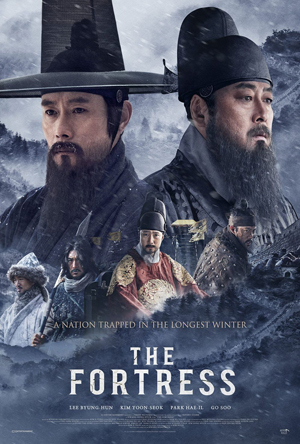 The first movie I saw at Fantasia on Thursday, July 19, was at the J.A. De Sève Theatre, a Korean film called The Fortress (Namhansanseong, 남한산성). Based on a novel by Hoon Kim, Dong-hyuk Hwang wrote the screenplay and directed his own adaptation. It’s a historical war story, set in 1636 when the Chinese Qing dynasty invaded Joseon-ruled Korea. The royal court has to flee before the Qing armies, taking refuge in a mountain castle, the fortress of the title. The Qing besiege the place, and the film follows what happens in the fortress as a result. More precisely, it follows the dispute between two of the officials of King Injo (Hae-il Park): on the one hand Myeong-gil Choi (Byung-hun Lee, who was in RED 2 and was Storm Shadow in the G.I. Joe movies), the Interior Minister who wants to negotiate with the Qing and if necessary surrender; and on the other, Sang-heon Kim (Yoon-seok Kim), the Minister of Rites who wants to hold out until the end, believing that an army’s gathering in the south that will strike north and relieve the fortress.
The first movie I saw at Fantasia on Thursday, July 19, was at the J.A. De Sève Theatre, a Korean film called The Fortress (Namhansanseong, 남한산성). Based on a novel by Hoon Kim, Dong-hyuk Hwang wrote the screenplay and directed his own adaptation. It’s a historical war story, set in 1636 when the Chinese Qing dynasty invaded Joseon-ruled Korea. The royal court has to flee before the Qing armies, taking refuge in a mountain castle, the fortress of the title. The Qing besiege the place, and the film follows what happens in the fortress as a result. More precisely, it follows the dispute between two of the officials of King Injo (Hae-il Park): on the one hand Myeong-gil Choi (Byung-hun Lee, who was in RED 2 and was Storm Shadow in the G.I. Joe movies), the Interior Minister who wants to negotiate with the Qing and if necessary surrender; and on the other, Sang-heon Kim (Yoon-seok Kim), the Minister of Rites who wants to hold out until the end, believing that an army’s gathering in the south that will strike north and relieve the fortress.
A blacksmith (Soo Go, The Royal Tailor) from a nearby village conscripted to serve as a soldier is the voice of the common man, while Prime Minster Ryu Kim (Song Young-chang, Kundo: Age of the Rampant) schemes to maintain his place and refuses to consider surrender. Class conflicts develop, as the court tries to keep the soldiers in line while allotting them the barest minimum of supplies needed to survive a harsh winter. Meanwhile conflicts among the court are a mix of show and threat, ministers alternately genuflecting to the King and calling for each others’ heads.
At its heart, though, this movie is about the dispute between Choi and Kim. The key is that both are honourable men, and both have deep principles informing their positions on the war. They respect each other, by and large, but are utterly opposed — with the Prime Minister a kind of wild card in their conflict. The difference between the two men is established from the very opening scenes of the movie. Choi goes alone on horseback to negotiate with the Qing, and does not flinch when they launch a flight of arrows that fall purposely just short of his mount: this establishes he’s a brave man, which we need to understand to grasp that his desire for negotiation doesn’t come from personal cowardice. Then we see a ferryman lead Kim across an icy lake to the fortress, and observe fatalistically that on the next day he’ll do the same for the Qing. Kim responds by killing him, establishing his ruthlessness but also his determination to save Joseon’s independence.
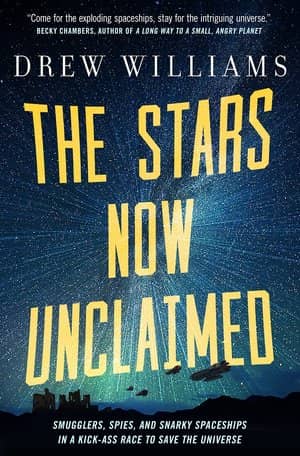

 The only film I planned to see on Wednesday, July 18 was called Cam. Directed by Daniel Goldhaber from a script written by Isa Mazzei, it tells the story of a woman named Alice (Madeline Brewer, of The Handmaid’s Tale and Orange is the New Black) who works as an erotic webcam performer under the name of Lola — until she finds her account stolen by parties unknown. As Alice investigates she finds it’s more than just her financial information or identity that’s been stolen; someone who looks and sounds exactly like her is performing as Lola in her place, and this Lola is breaking all the rules Alice established for herself as a performer. Alice investigates and tries to regain control of her life, driving the story toward a brutal conclusion.
The only film I planned to see on Wednesday, July 18 was called Cam. Directed by Daniel Goldhaber from a script written by Isa Mazzei, it tells the story of a woman named Alice (Madeline Brewer, of The Handmaid’s Tale and Orange is the New Black) who works as an erotic webcam performer under the name of Lola — until she finds her account stolen by parties unknown. As Alice investigates she finds it’s more than just her financial information or identity that’s been stolen; someone who looks and sounds exactly like her is performing as Lola in her place, and this Lola is breaking all the rules Alice established for herself as a performer. Alice investigates and tries to regain control of her life, driving the story toward a brutal conclusion.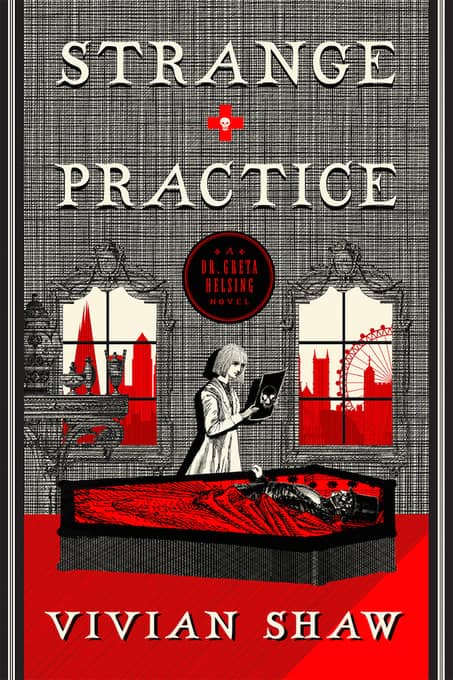
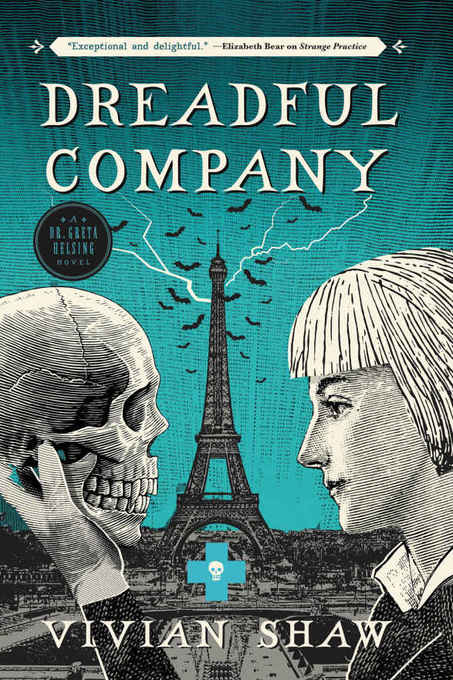
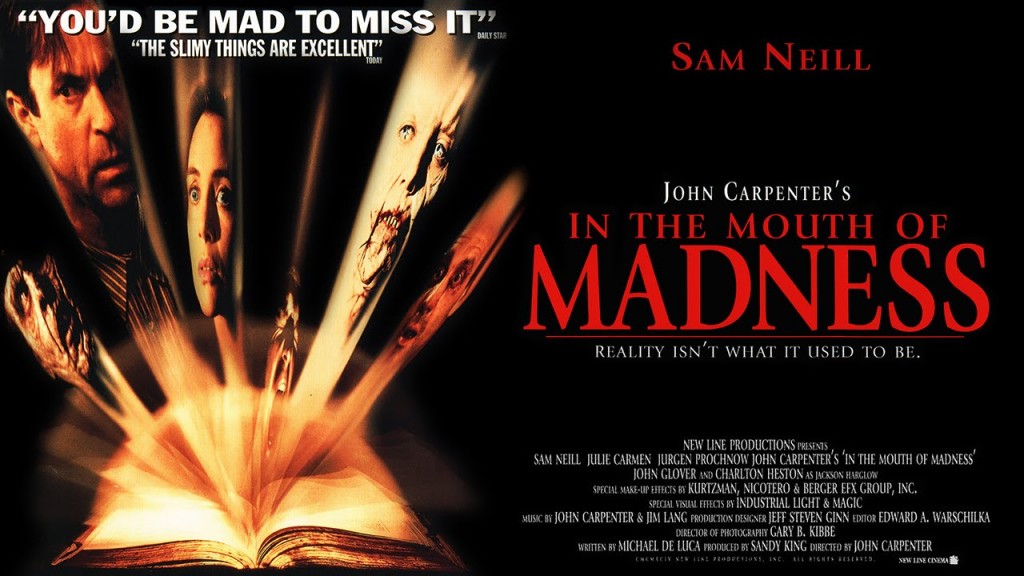
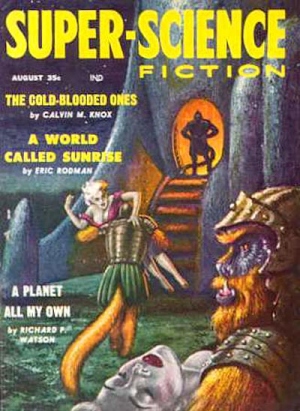
 I had one film on my schedule for Tuesday, July 17. It was a Japanese movie called Room Laundering, which looked like an odd fusion of comedy and horror. I wasn’t too sure what to make of it from the program description, but sometimes it’s the films that don’t lend themselves to easy description that’re the most rewarding. And so here.
I had one film on my schedule for Tuesday, July 17. It was a Japanese movie called Room Laundering, which looked like an odd fusion of comedy and horror. I wasn’t too sure what to make of it from the program description, but sometimes it’s the films that don’t lend themselves to easy description that’re the most rewarding. And so here.